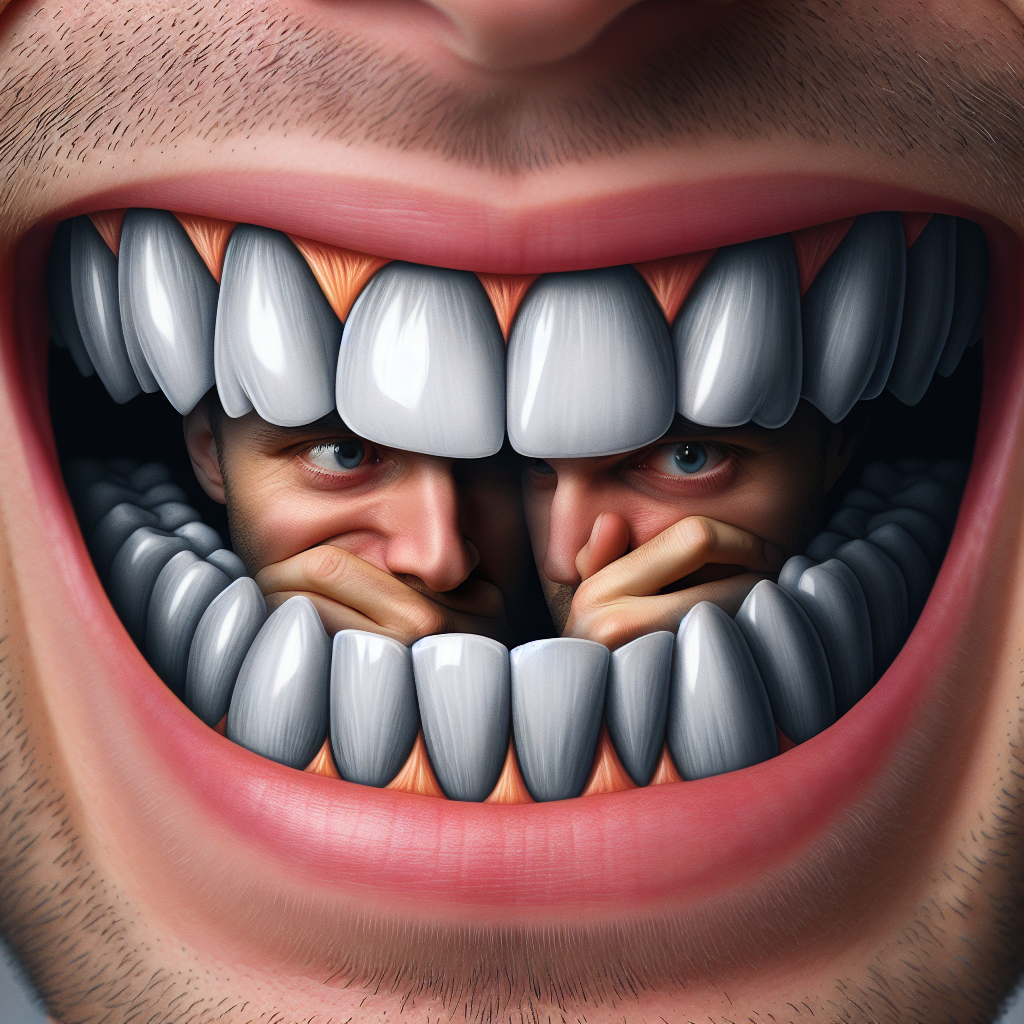Wisdom teeth, also known as third molars, are the final set of molars to emerge in the back of the mouth. They typically appear between the ages of 17 and 25, but not everyone develops these teeth. When they do emerge, they can cause a variety of issues such as crowding, impaction, and pain.
One common symptom of problematic wisdom teeth is headaches. The pressure and inflammation caused by impacted or improperly positioned wisdom teeth can lead to chronic headaches or migraines. In fact, studies have shown that up to 12% of migraines may be triggered by dental issues, including impacted wisdom teeth.
If you are experiencing frequent headaches or migraines and also have wisdom teeth coming in or causing pain, it may be worth consulting with a dentist or oral surgeon. They can perform a thorough examination, including X-rays, to determine if your wisdom teeth are indeed the source of your headaches. In some cases, removing the problematic teeth can alleviate the pain and prevent future issues.
Are Your Wisdom Teeth Causing Your Headaches?
Wondering if your headaches could be linked to your wisdom teeth? Headaches are a common symptom of impacted or infected wisdom teeth. If you are experiencing persistent headaches along with jaw pain, difficulty opening your mouth, swollen gums, or a bad taste in your mouth, it could be a sign that your wisdom teeth are causing your discomfort. To learn more about the connection between wisdom teeth and headaches, continue reading below.
How Do You Know If Your Wisdom Teeth Are Causing Headaches?
Wisdom teeth, also known as third molars, are the last set of teeth to emerge in the mouth. They usually appear in late teens or early twenties, and in some cases, they can cause headaches. Here are some signs that may indicate your wisdom teeth are causing your headaches:
- Persistent headaches: If you are experiencing frequent headaches, especially around your temples or the back of your head, it could be a sign that your wisdom teeth are causing the pain.
- Jaw pain: Wisdom teeth can sometimes cause pressure on the surrounding nerves and tissues, leading to jaw pain that radiates to the head.
- Difficulty opening your mouth: If you are having trouble opening your mouth fully or experiencing pain while chewing, it could be a result of impacted wisdom teeth.
- Swelling or tenderness in the gums: Inflammation and tenderness in the gums around your wisdom teeth may indicate an infection or impaction, which can contribute to headaches.
- Unexplained earaches: Wisdom teeth can put pressure on the nerves that run through the jaw, leading to earaches that are often accompanied by headaches.
If you are experiencing any of these symptoms, it is essential to consult with a dentist to determine if your wisdom teeth are indeed the cause of your headaches.
According to the American Association of Oral and Maxillofacial Surgeons, about 85% of wisdom teeth will eventually need to be removed due to complications such as impaction or overcrowding.
– Difficulty opening your mouth
– Swollen or irritated gums around the wisdom tooth area
Conclusion
In conclusion, headaches caused by impacted wisdom teeth can manifest in various ways and may include symptoms such as jaw pain, earaches, and difficulty opening the mouth. It is essential to consider the positioning of your wisdom teeth and consult with a dental professional if you suspect they may be the cause of your headaches. X-rays and a thorough examination by a dentist or oral surgeon can help determine if your wisdom teeth are contributing to your headaches.
If left untreated, impacted wisdom teeth can lead to further complications, such as infection, cysts, or damage to nearby teeth. Early detection and timely intervention are crucial in preventing potential issues associated with impacted wisdom teeth. By addressing the root cause of your headaches, whether it be related to your wisdom teeth or another factor, you can alleviate discomfort and improve your overall oral health. Remember to seek professional guidance and treatment if you suspect that your wisdom teeth are causing your headaches to ensure proper management and resolution of the issue.

